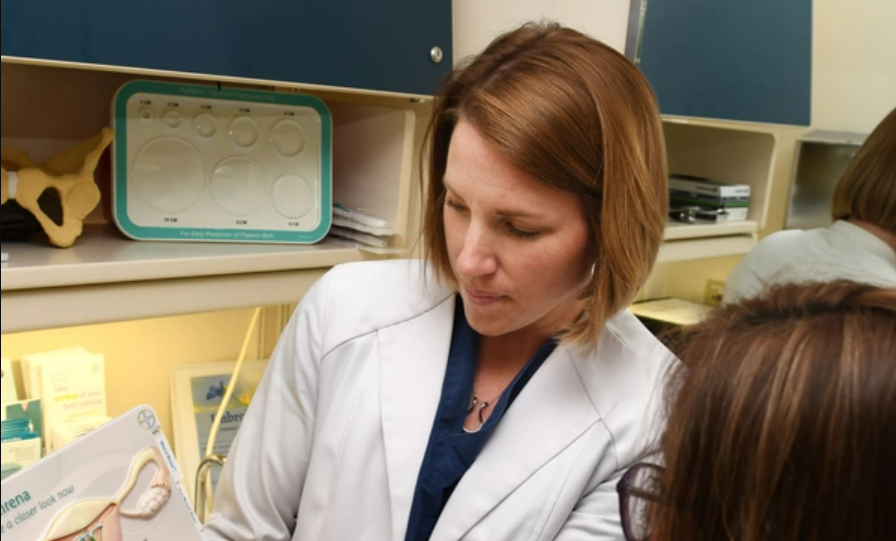War Related Illness and Injury Study Center
Reproductive Health: Women's Operational Military Exposure Network Center of Excellence (WOMEN CoE)
Reproductive Health

Infertility
There may be an association between toxic exposures (environmental, chemical, and hazardous materials) and infertility. To date, much of the research is in civilian population and majority of the studies on infertility in the military population has focused on men. Research in women Veterans shows that infertility is associated with psychosocial distress, including feelings of depression and anxiety that may be compounded by post-traumatic stress. Women Veterans that report infertility also experience poor quality of life. Minority women Veterans are more likely to report infertility and are less likely to access care for it compared to non-minority women Veterans. More research is needed to understand the links between military environmental exposures and adverse health impacts in women Veterans.
Reproductive Cancers
Environmental toxins may impact the female reproductive system, impairing organ and hormonal systems, producing molecular alterations, oxidative stress, and DNA methylation (DNAm). These impairments may lead to fertility complications and poor pregnancy outcomes. Accordingly, more research is needed to understand the links between toxic exposures and adverse health impacts in women Veterans.
Civilian studies have shown that toxic exposures may result in reproductive difficulties:
- Exposure to environmental toxins during early pregnancy is associated with adverse birth outcomes. While pregnancy often prevents deployment, some women Veterans discover their pregnancy status post-deployment and are at heightened risk to toxic exposures.
- Ambient exposure to Particulate Matter (PM2.5 - i.e., poor air quality) may be related to clinically-recognized early pregnancy loss (CREPL).
- Biomarker studies of inflammatory markers, lipid metabolism and methylation mechanisms for such environmental hazards suggest that chronic inflammation may lead to a cascade of events impacting pelvic (uterine, cervical & ovarian) and infertility problems.
Breast cancer in women Veterans:
Breast cancer is one of the most common cancers that affects women under the age of 60. Breast cancer is the most prevalent cancer in young Veteran women. When comparing post-9/11 women Veterans to other women Veterans, there is no significant difference in the incidence of breast cancer in both groups. We are conducting further research to determine if specific military environmental exposures increase cancer risk.
According to the 2022 Office of Women’s Health State of Reproductive Health report, abnormal breast conditions was reported as one of the top 5 reproductive and sexual health diagnoses in women in the VA Healthcare System aged 40 and older. Furthermore, abnormal breast conditions were consistently reported as one of the top 5 absolute increases in reproductive and sexual health diagnoses from 2010-2018.
Where to go from here?
If women Veterans feel that they may be facing reproductive health challenges due to military environmental exposures, they should first discuss this with their primary care physician to evaluate for potential underlying causes such as PCOS, anatomic, or endocrine issues.
Learn more here.



















